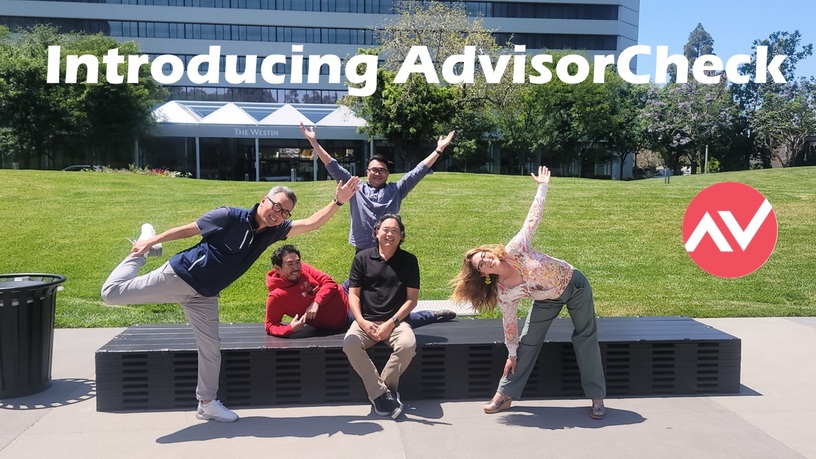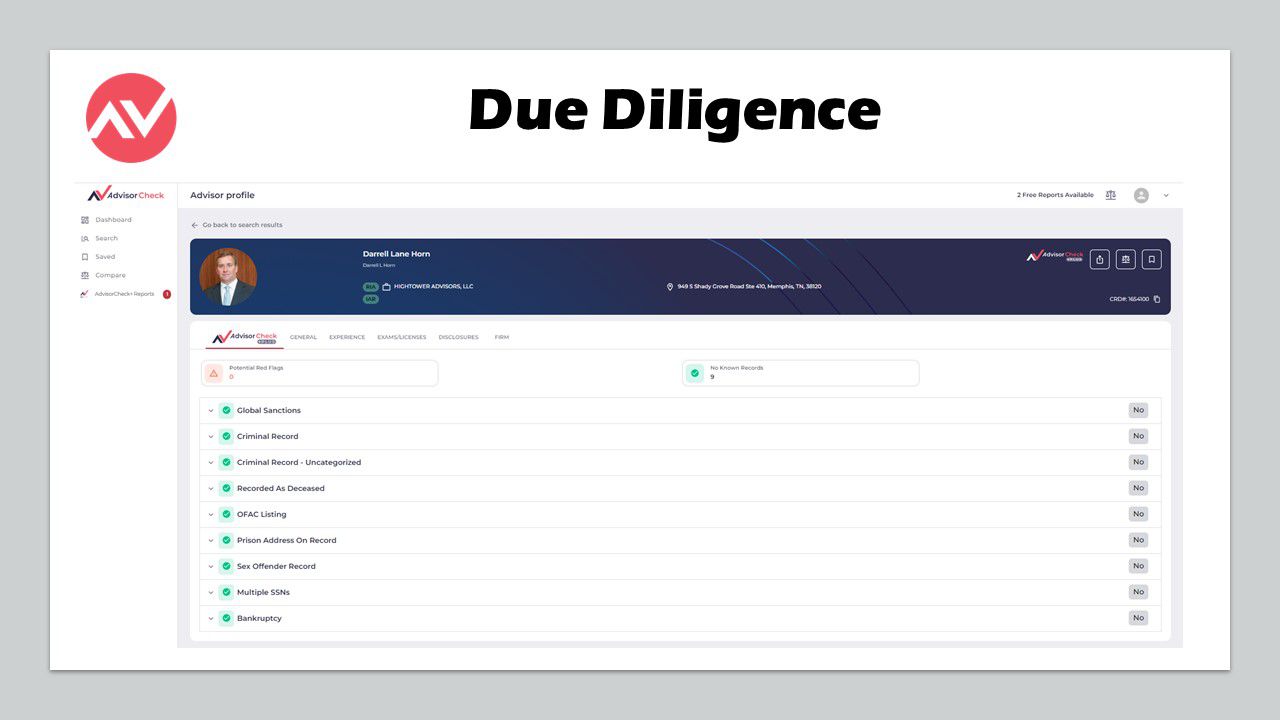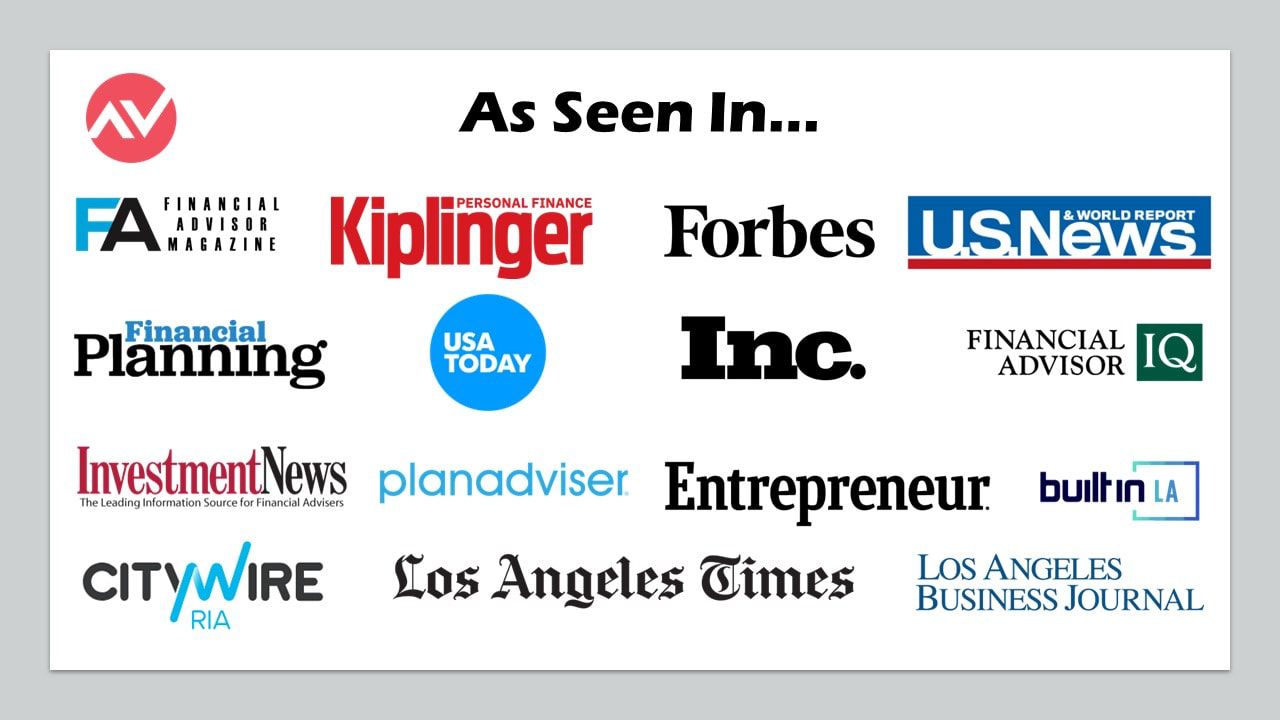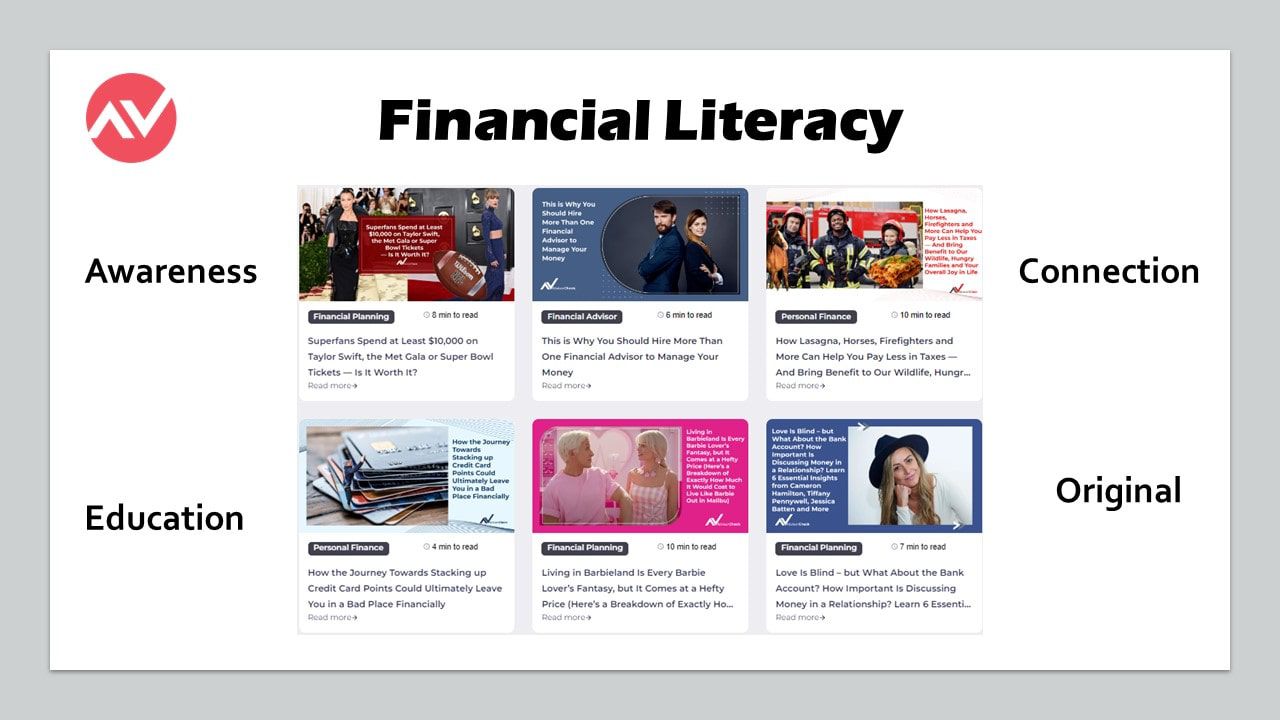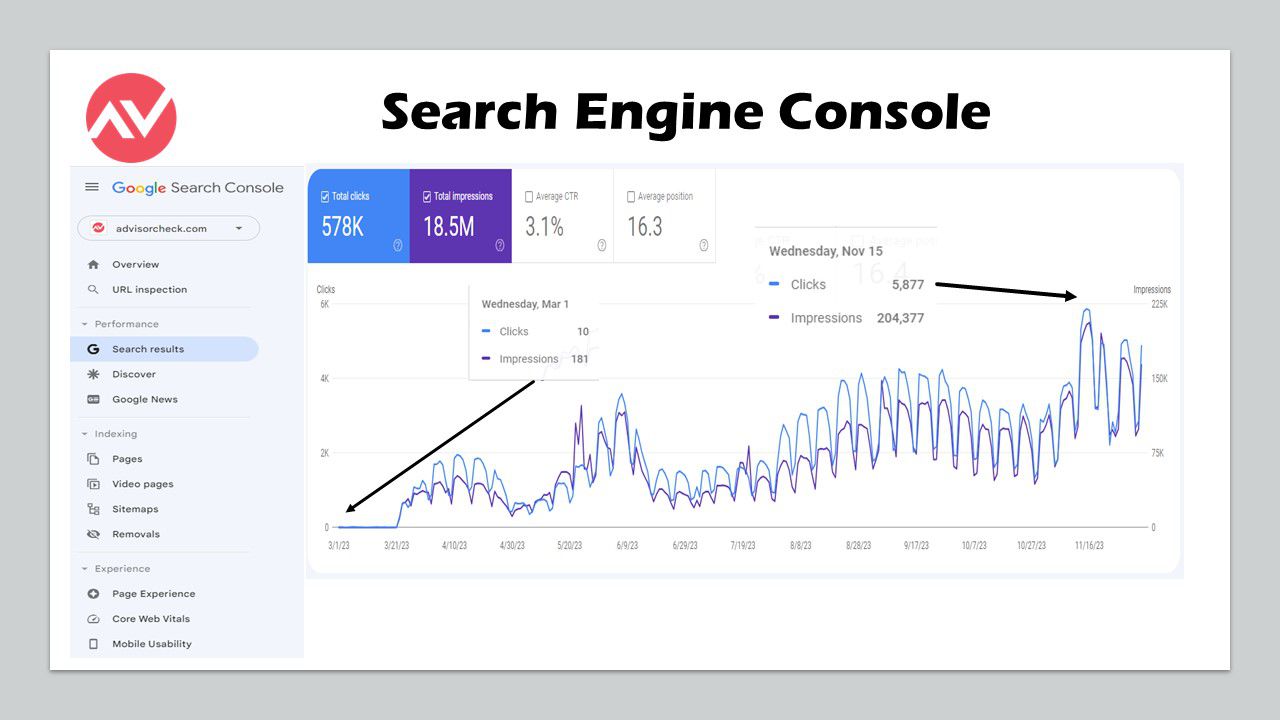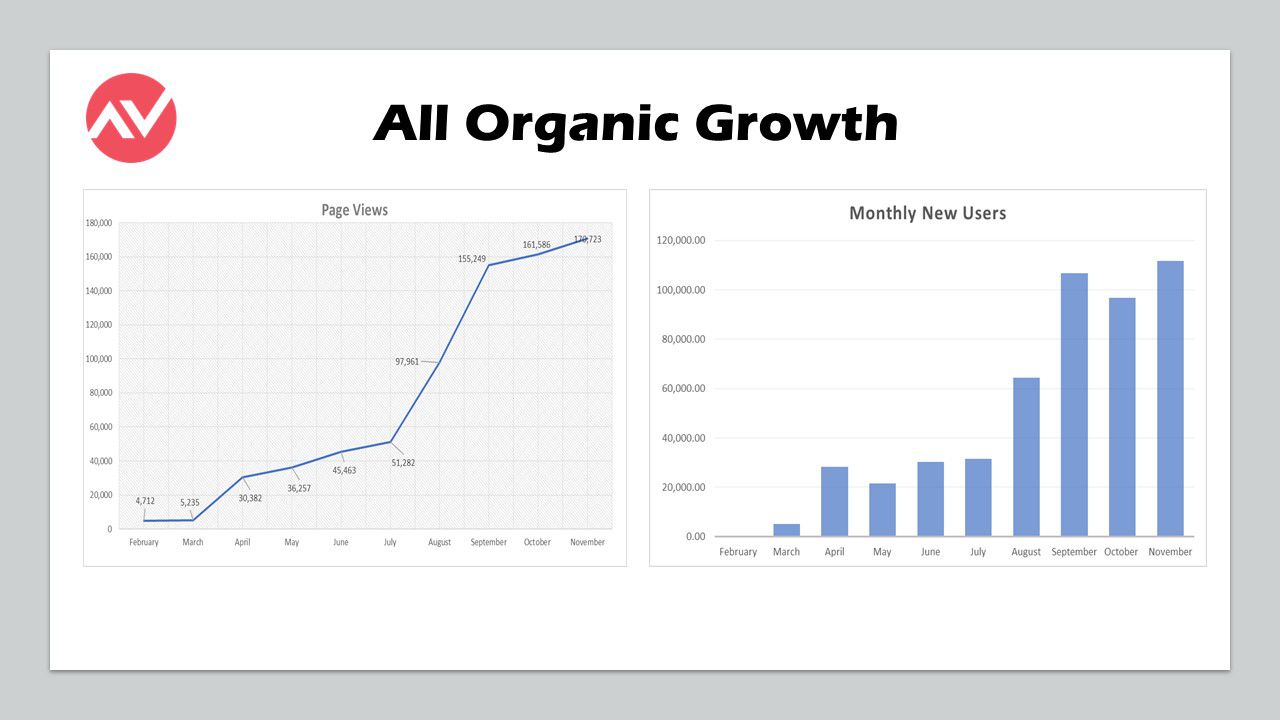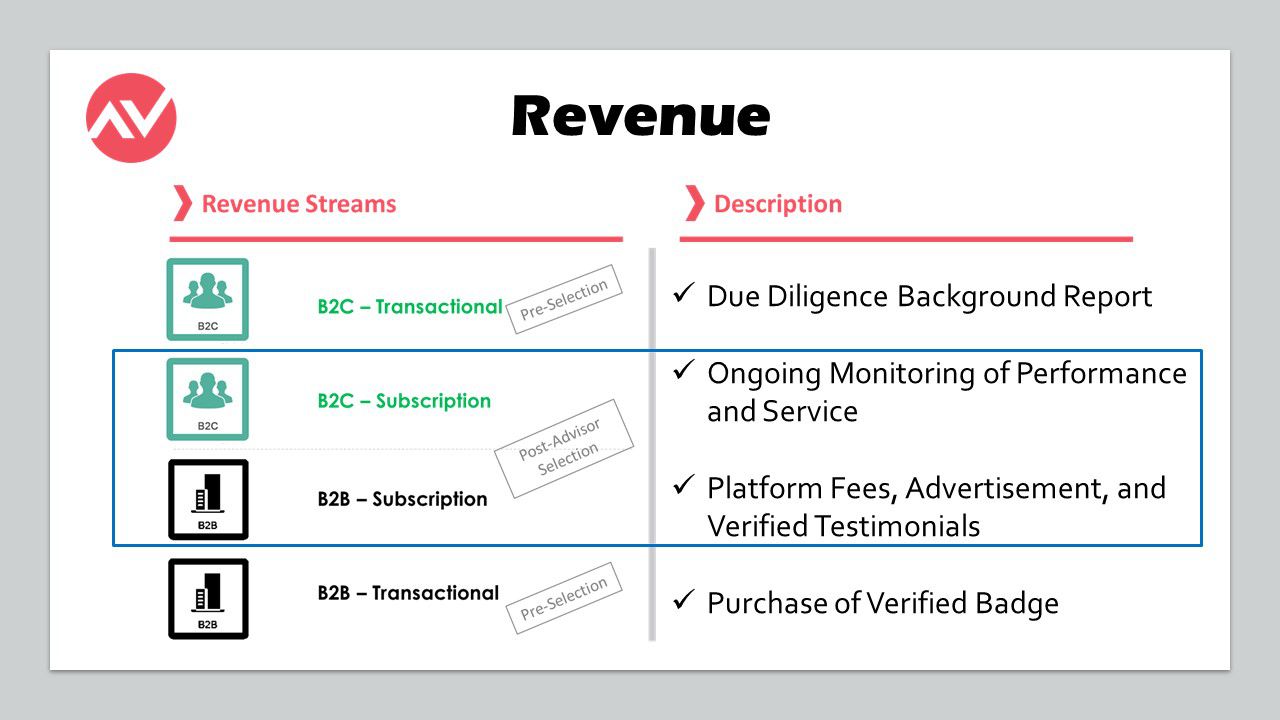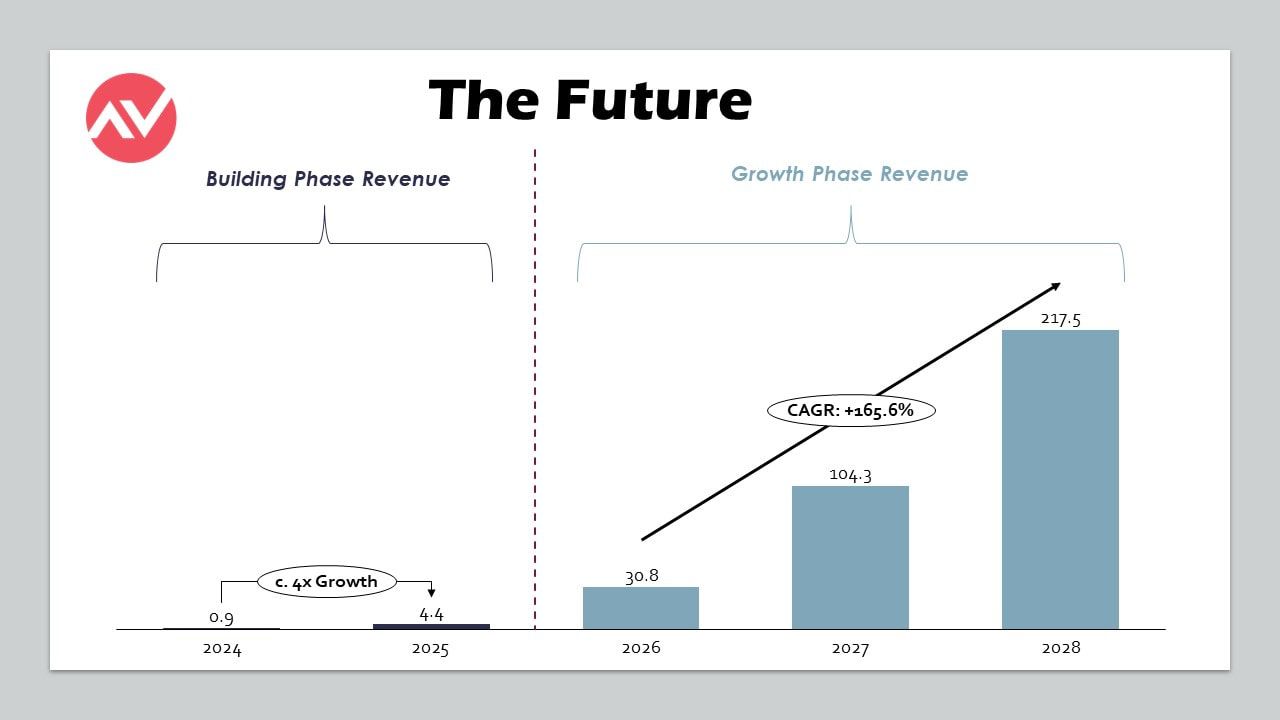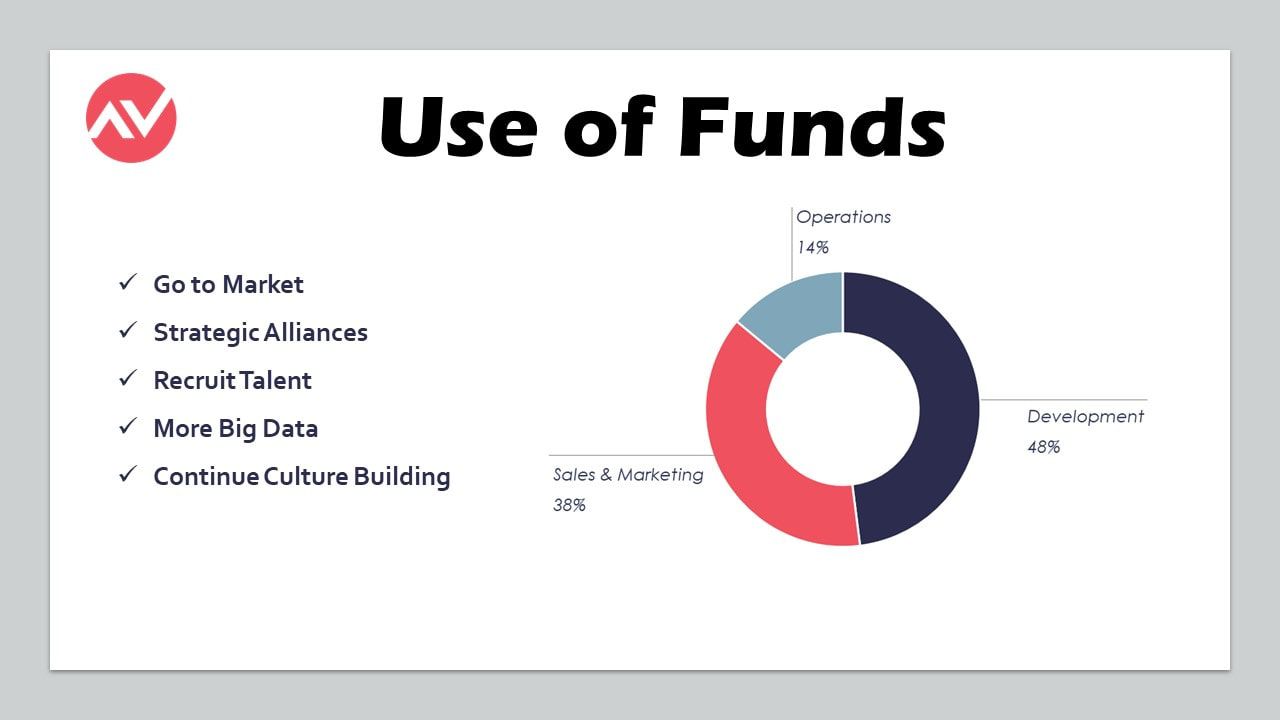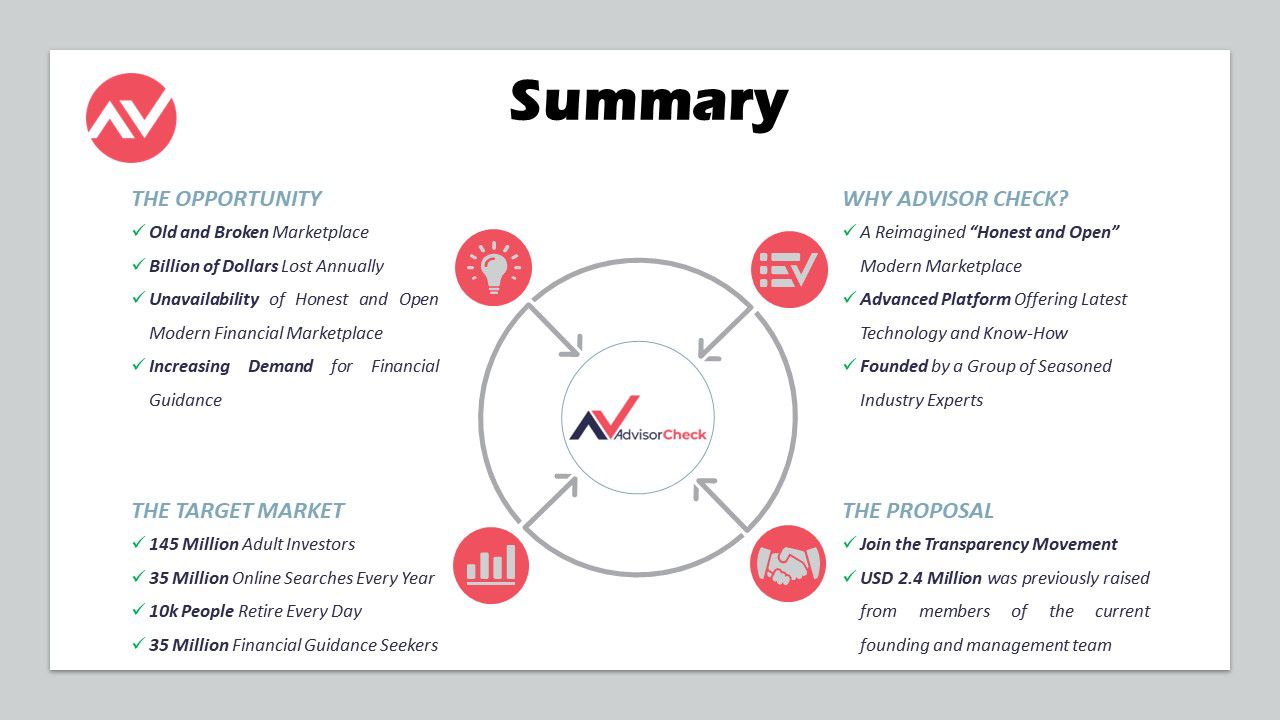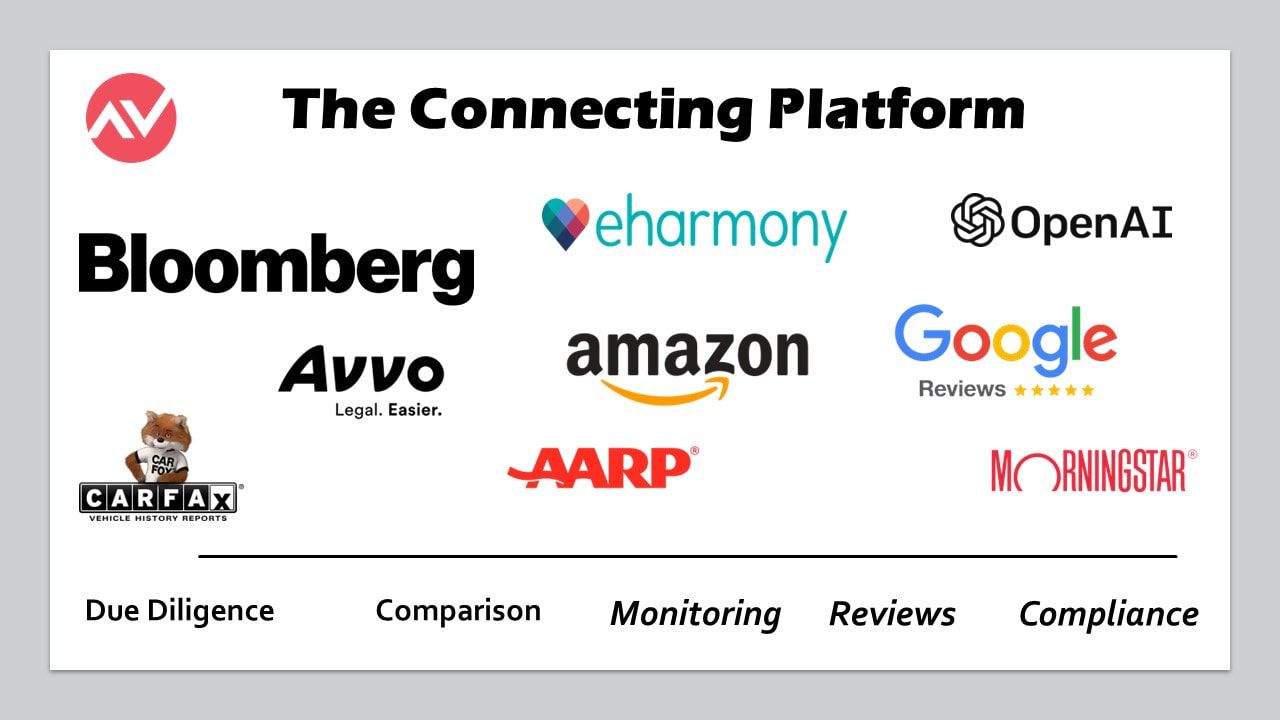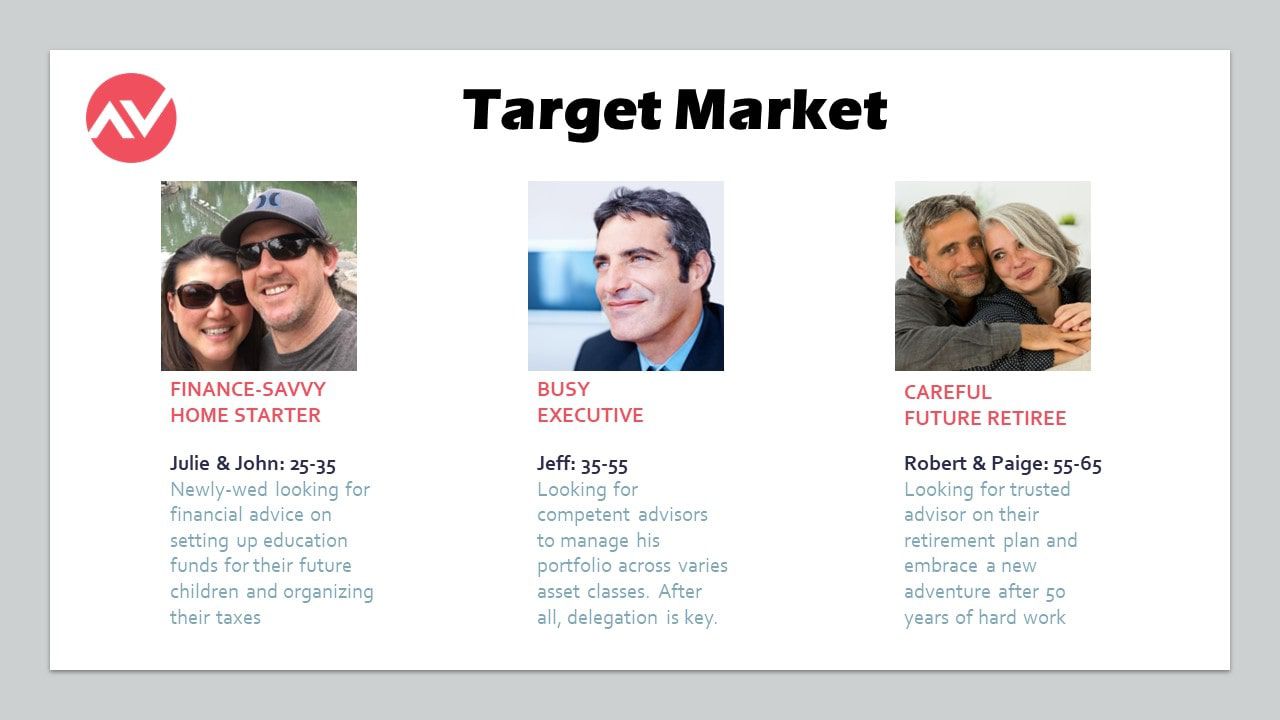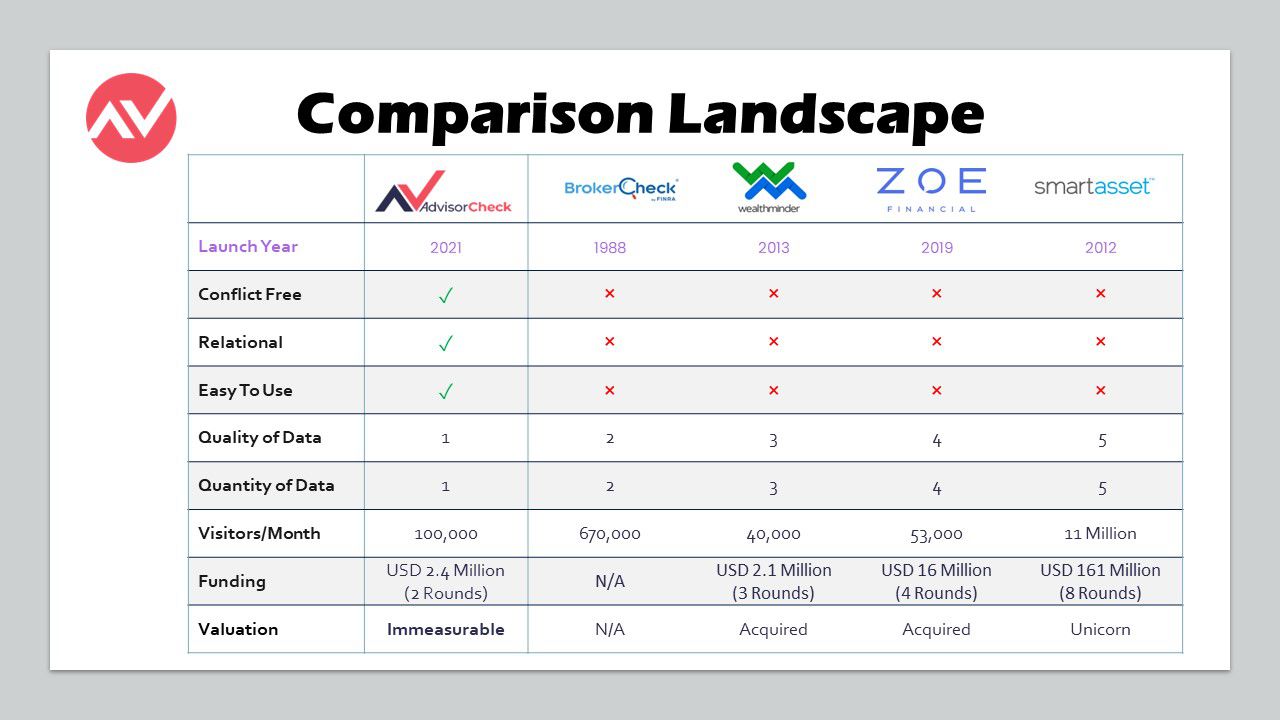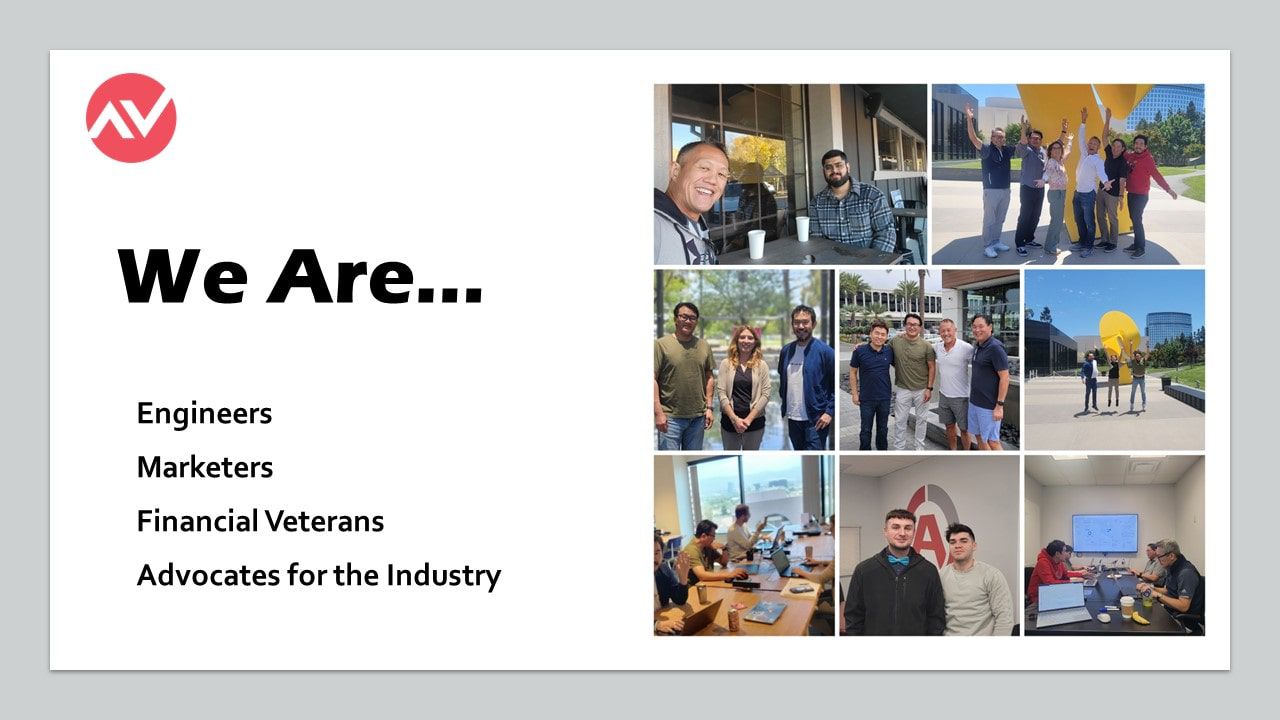Our CEO Adriel Tam speaks with Kiplinger Magazine about the various types of advisors and firms available to consumers to...
Opportunity
Reimagining a New Playing Field for Every Investor
What's the Big Deal?
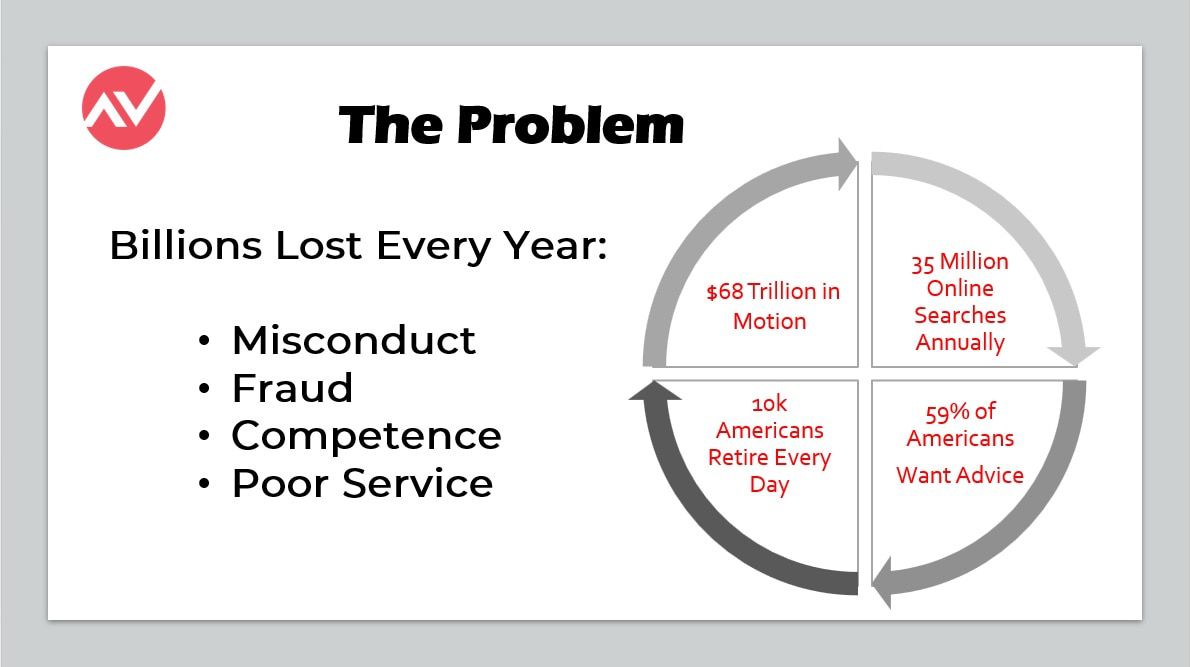
How We're Solving it.
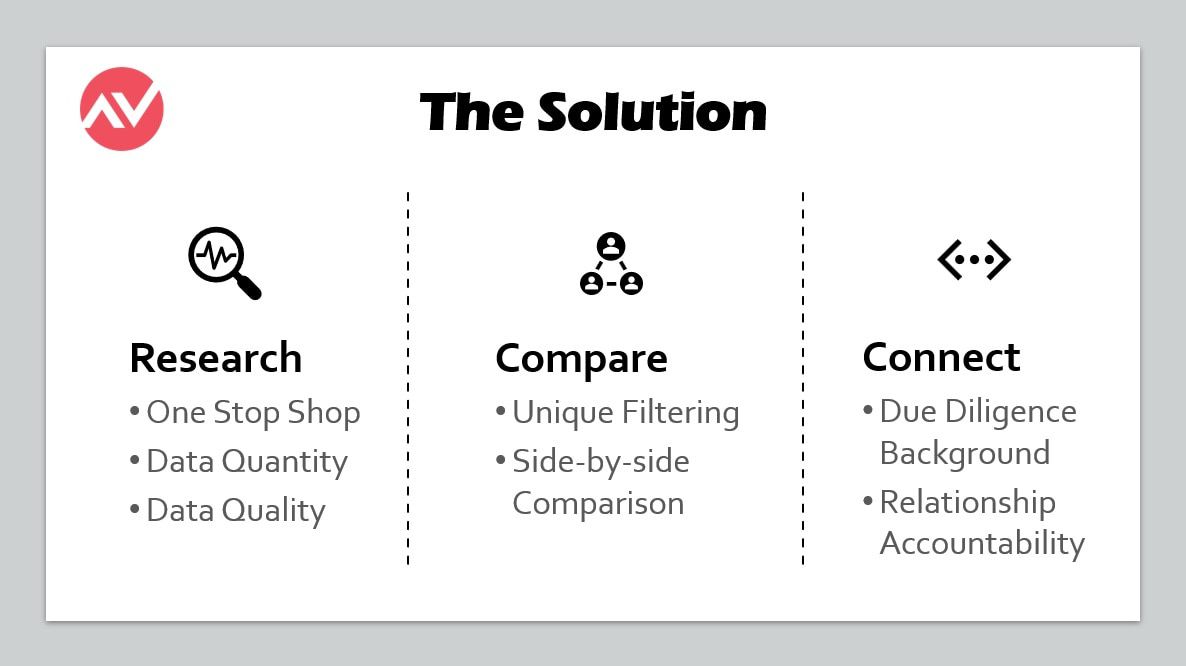
How Big is the Opportunity?
Hint: Trillions
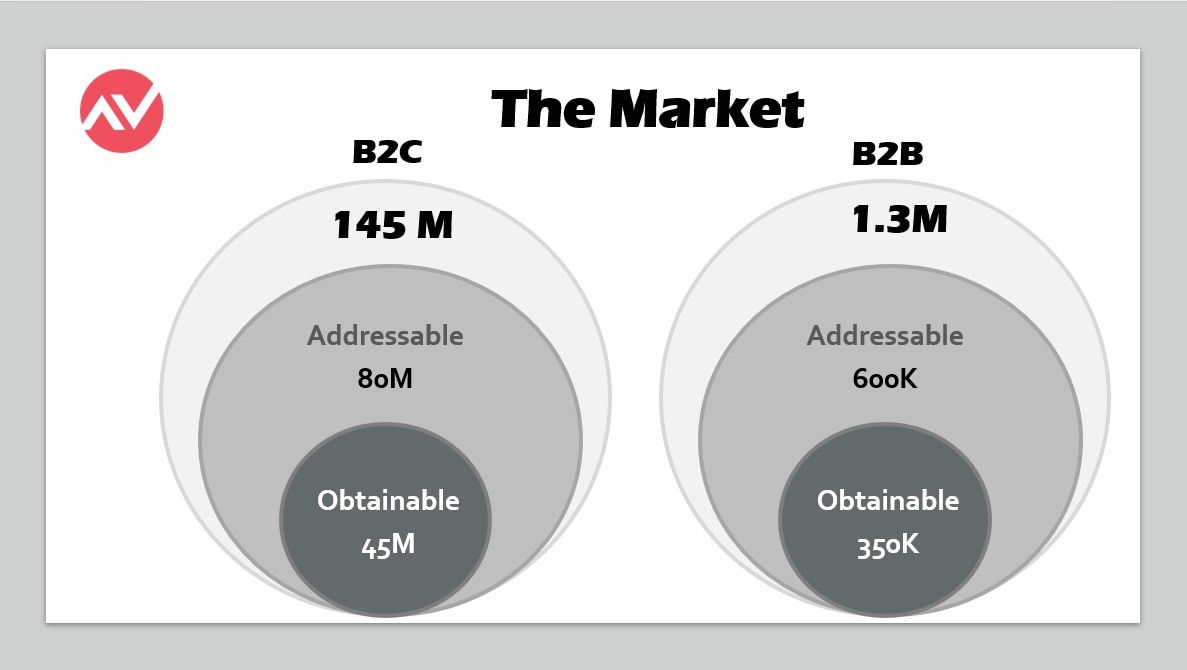
Product
Proprietary Algorithm to Empower Every Investor
What's the User Journey Like?
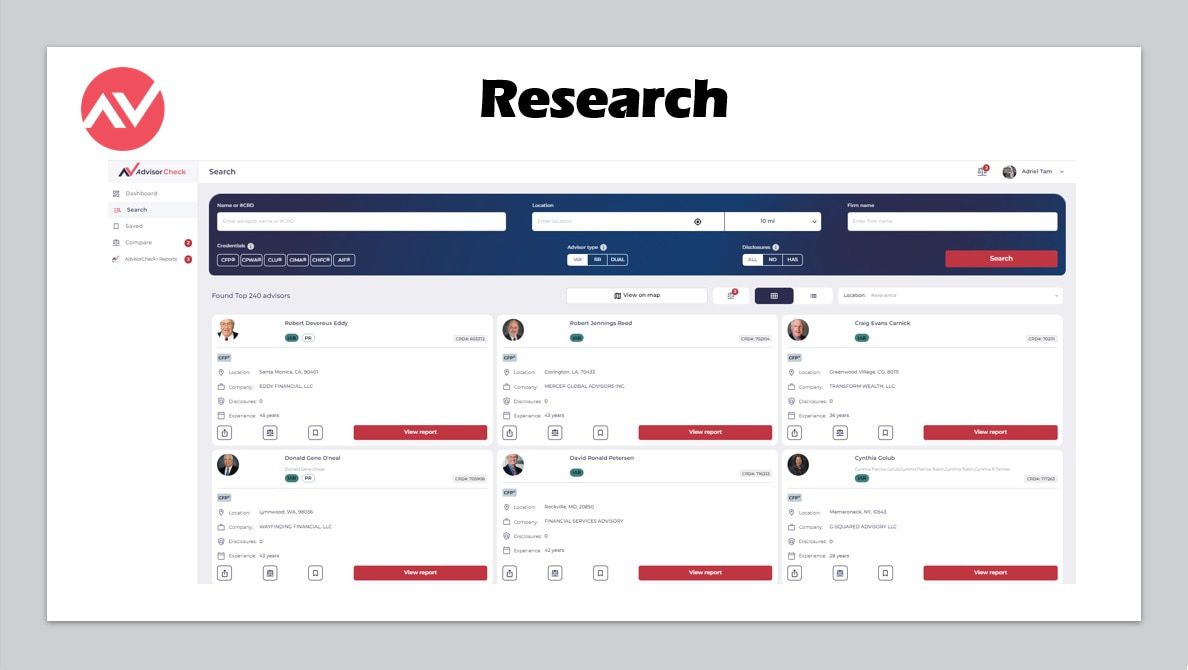
Nothing Exists Today with These Features.
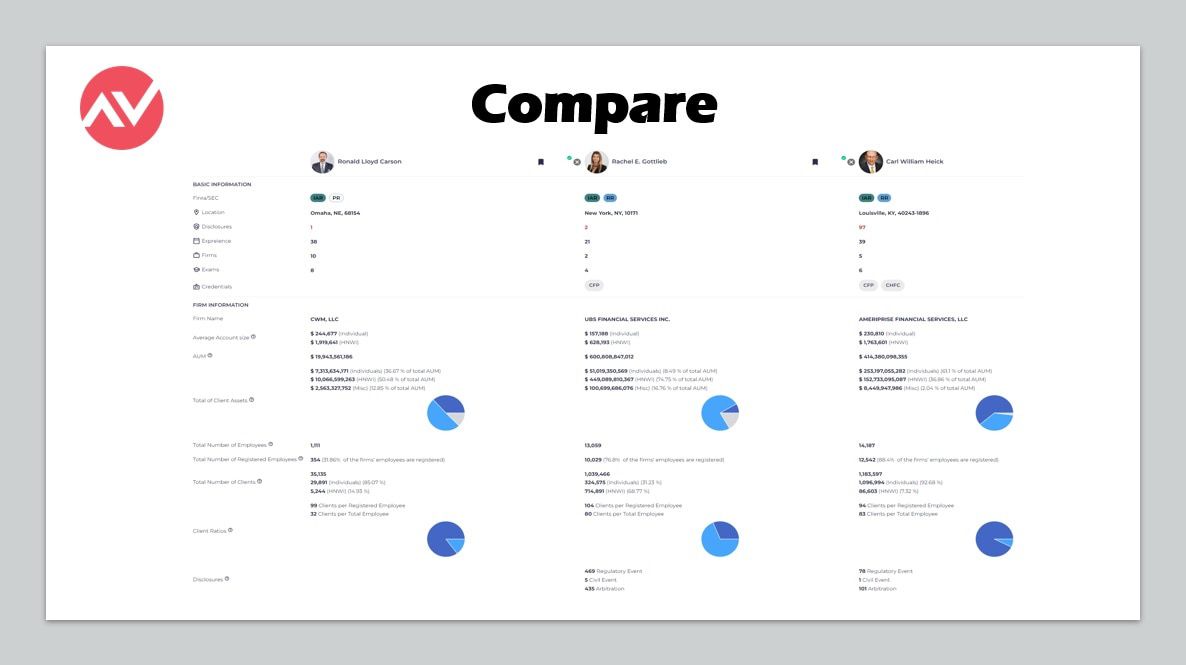
Massive Data Monetization via ML/AI
Traction
We're Just Getting Started!
And We're Everywhere!
We're Raising Awareness.
Off to an Incredible Start!
We're Growing Fast - Already Top 30th Percentile in the World for Number of Website Visitors per Month
Business model
Enormous B2C and B2B
Massive Opportunity for Top Line Growth.
We're Ready to Build Faster and Bigger.
Profitable in the Near Future.
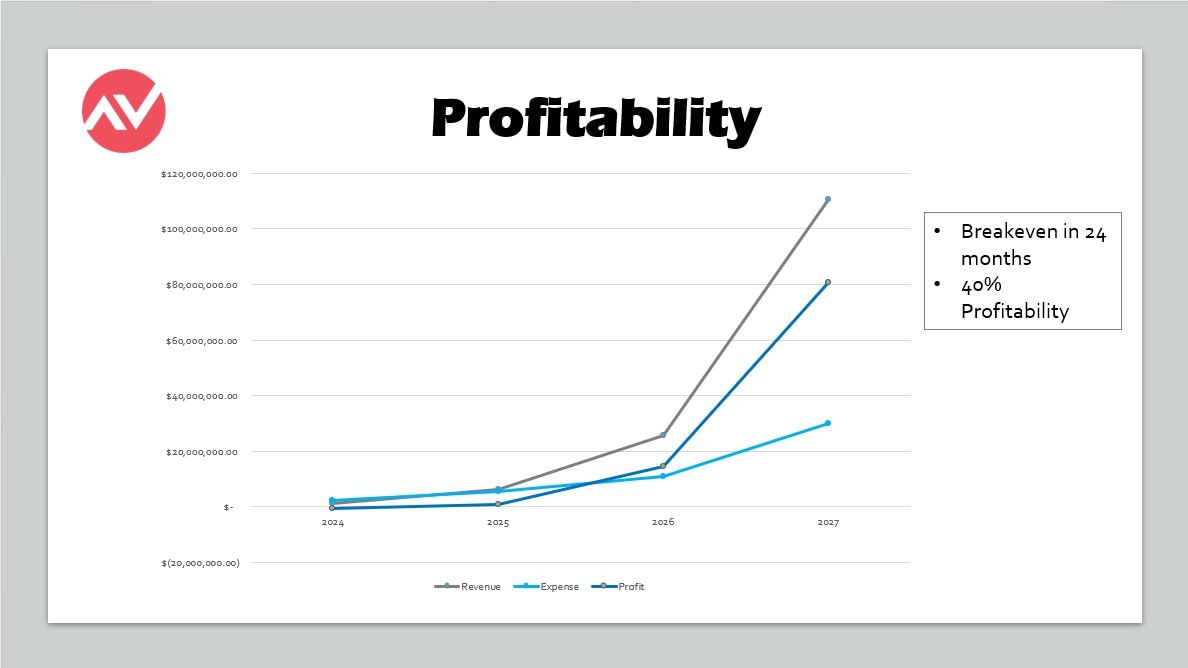



 Oops! We couldn’t find any results...
Oops! We couldn’t find any results...

